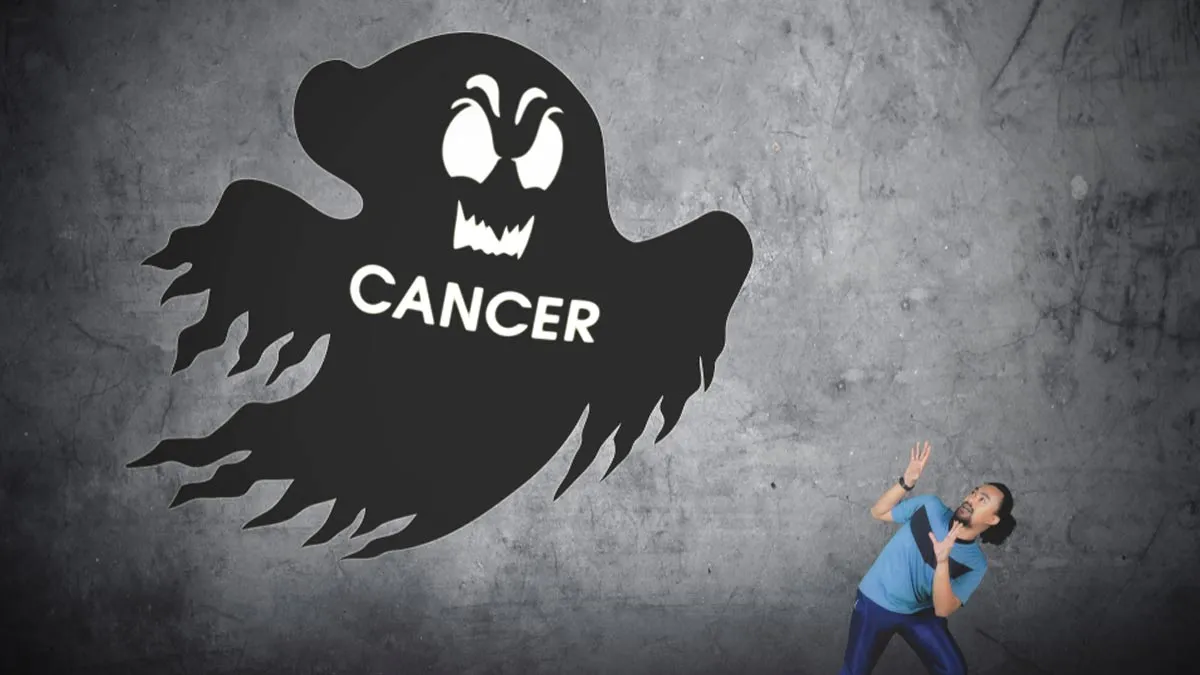
Have you ever heard someone say, “Don’t heat your food in the microwave, it can cause cancer,” or “Don’t use deodorants, they are cancerous.” Well, like these, many myths and misconceptions are being believed without any background knowledge, creating fear among people. Cancer is a disease that continues to be shrouded in myths and misinformation. From everyday habits to household items, many things have been wrongly accused of increasing cancer risk. While some lifestyle factors can indeed contribute to the disease, several commonly believed dangers are, in fact, baseless. Misinformation can lead to unnecessary fear, delays in seeking treatment, and even poor health decisions.
To debunk these myths, OnlyMyHealth team interacted with Dr Sandip Bipte, Consultant, Oncoplastic Breast Surgery, P D Hinduja Hospital and Medical Research Centre, Mumbai.
1. Sugar Consumption and Cancer
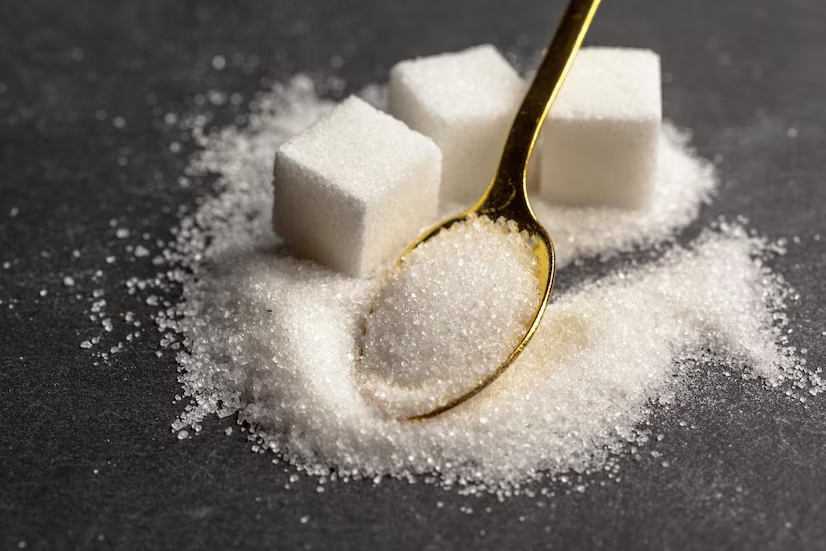
A prevalent belief is that sugar directly feeds cancer cells, accelerating their growth. Dr Bipte clarifies, "Sugar doesn't feed cancer cells, but carbohydrates in any form increase weight and obesity, which is directly linked to cancers like breast cancer." Maintaining a balanced diet and healthy weight is crucial in reducing cancer risk.
2. Deodorants and Antiperspirants
Concerns have been raised about the safety of deodorants and antiperspirants. Dr Bipte states, "There's no scientific evidence linking the use of deodorants or antiperspirants to cancer." These products are safe for daily use and do not increase cancer risk.

3. Mammograms and Radiation Exposure
Some individuals fear that regular mammograms may increase radiation exposure and cancer risk. Dr Bipte reassures, "People think it's increasing the risk of radiation, but it's very minimal, comparable to background radiation." The benefits of early cancer detection through mammograms far outweigh the minimal radiation exposure involved.
Also read: Does Cold Weather Affect Mammogram Accuracy? Doctor Debunks Breast Cancer Myths
4. Hair Dye Usage
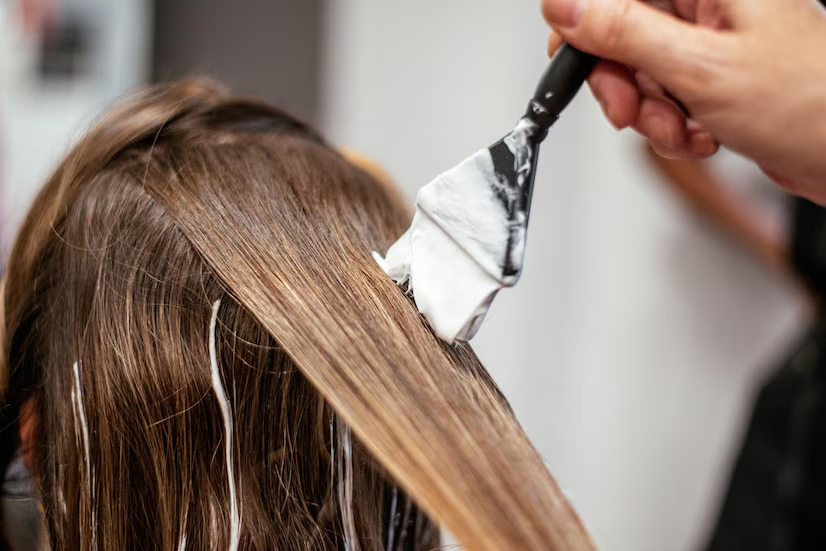
The safety of hair dyes has been questioned concerning cancer risk. Dr Bipte advises, "Ammonia-free hair dyes are better." While current evidence does not conclusively link hair dye use to cancer, opting for ammonia-free products can be a safer choice.
5. Tumour Biopsies
A common misconception is that biopsies can spread cancer cells. Dr Bipte clarifies, "A lot of patients think that biopsy will cause the cancer cells to spread in the blood, but it is just for testing whether the lump is cancer or not." Biopsies are essential diagnostic tools and do not cause cancer to spread.
6. Bras and Breast Cancer
There is a myth that wearing certain types of bras can increase breast cancer risk. Dr Bipte confirms, "There's no relation at all." Wearing bras, including underwired ones, does not affect breast cancer risk.
7. Passive Smoking
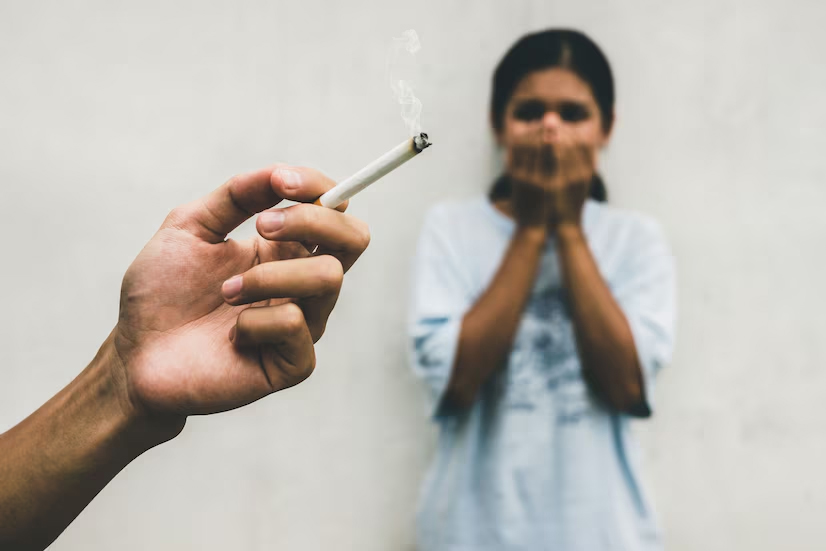
Some believe that passive smoking does not cause cancer. Dr Bipte warns, "Passive smoking will not cause cancer, but it can." Exposure to second-hand smoke is a known risk factor for various cancers, including lung cancer.
Also read: How Passive Smoking Can Impact A Non-Smoker
8. Alternative Treatments
The effectiveness of alternative treatments like homeopathy and Ayurveda in curing cancer is a topic of debate. Dr Bipte emphasises, "Alternative treatments like homeopathy and Ayurvedic medicine are not cures but alternative medicine for cancer in today's world." While they may offer supportive care, they should not replace conventional cancer treatments.
9. Fasting and Cancer Growth
Some believe that fasting can halt cancer cell growth. Dr Bipte cautions, "Keeping fasting will stop the growth of cancer cells, which will decrease your immunity." Prolonged fasting can weaken the immune system, making it less effective in combating cancer.
10. Microwave Ovens

A myth persists that microwave ovens make food radioactive. Dr Bipte clarifies, "No, they don't make your food radioactive." Microwave ovens use non-ionizing radiation to heat food and do not render it radioactive or increase cancer risk.
11. Plastic Bottles
Concerns have been raised about chemicals from plastic bottles causing cancer. Dr Bipte advises using BPA-free bottles and avoiding exposing them to high temperatures to minimize potential risks.
12. Artificial Sweeteners
The safety of artificial sweeteners has been questioned. Dr Bipte notes that current evidence does not conclusively link approved artificial sweeteners to cancer, but moderation is key.
13. Non-Stick Cookware (Teflon)
Some believe that non-stick cookware can cause cancer. Dr Bipte explains that while overheating non-stick pans can release harmful fumes, normal use at recommended temperatures is safe.
14. Mobile Phones
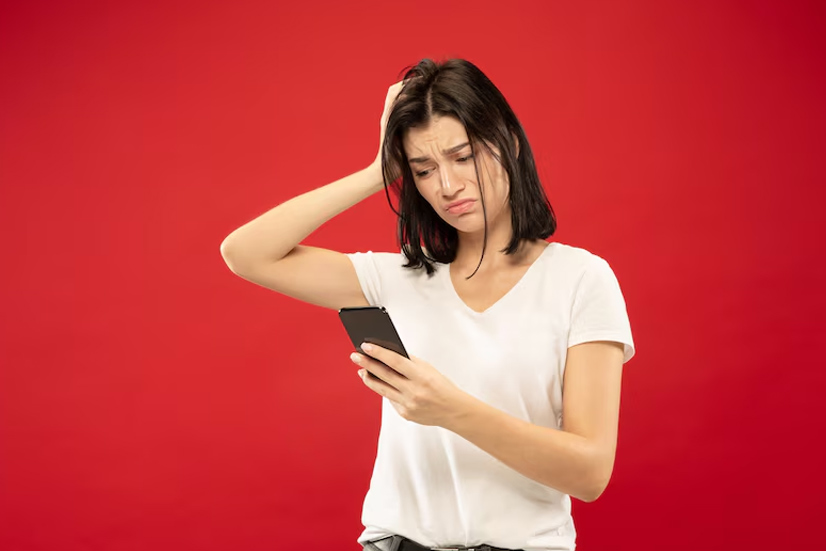
There is a concern that mobile phone radiation may cause cancer. Dr Bipte states that current research has not established a definitive link between mobile phone use and cancer, but using hands-free devices can reduce exposure.
15. Coffee Consumption
The relationship between coffee and cancer has been debated. Dr Bipte mentions that recent studies suggest coffee consumption may have protective effects against certain cancers, but excessive intake should be avoided.
16. Power Lines
Some fear that living near power lines increases cancer risk. Dr Bipte indicates that most studies have not found a strong association between exposure to electromagnetic fields from power lines and cancer.
It's essential to base health decisions on accurate information and consult healthcare professionals for guidance. Dispelling these myths can lead to better prevention and treatment outcomes.
Also watch this video
How we keep this article up to date:
We work with experts and keep a close eye on the latest in health and wellness. Whenever there is a new research or helpful information, we update our articles with accurate and useful advice.
Current Version